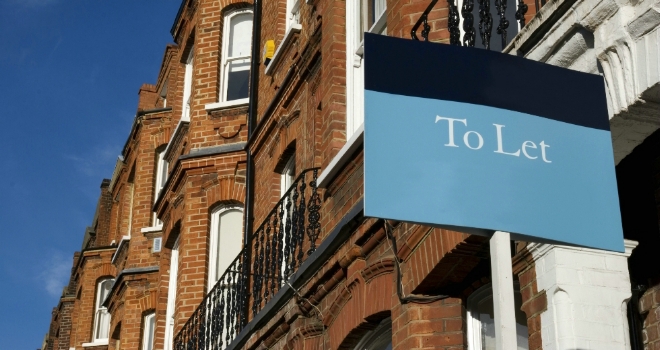
Home ownership is the dream of many Brits, and with the wheels in motion for first time buyers to get their feet on the property ladder under the Help to Buy scheme, buying is becoming an increasingly available option for many.
There is a common belief that renting is money down the drain, as individuals will never own the house they are paying towards. On the other hand, buying is seen as a more desirable option, as a source of equity and investment for the future. But can buying be more expensive than renting?
New research revealed in The Times shows that buying a property under the Help to Buy scheme with a low deposit can actually be more expensive than renting, with monthly repayments exceeding rents for a similar property.
According to the research, first time buyers will need a minimum deposit of £32,000 to make the cost of owning a property lower than renting.
Stephen Ludlow, Director at ludlowthompson, explains:
“Buying a house is a major commitment, and requires a large initial sum in the form of a deposit, only to be followed by mortgage set-up fees, solicitors’ fees, surveyors’ fees, and stamp duty. In addition, there will be repairs and maintenance costs later down the line.
It is well worth looking at the different costs and coming to an informed decision. Despite common assumptions, buying is not always better value for money over the long term."
However, Stephen Ludlow points out that many benefits of buying are often overlooked, including:
Buying can be flexible. London homeowners that move abroad for work can often let the property while they are away to generate income.
Buying means the purchaser can benefit from upswings in the property's value. With London house prices currently rising rapidly, this could be very valuable.
If the property price does increase the gain is exempt from capital gains tax, unlike most other investment assets that can deliver capital growth.
Property price increases in London can be such that the property acts as a comparable investment to other asset classes, such as shares.





